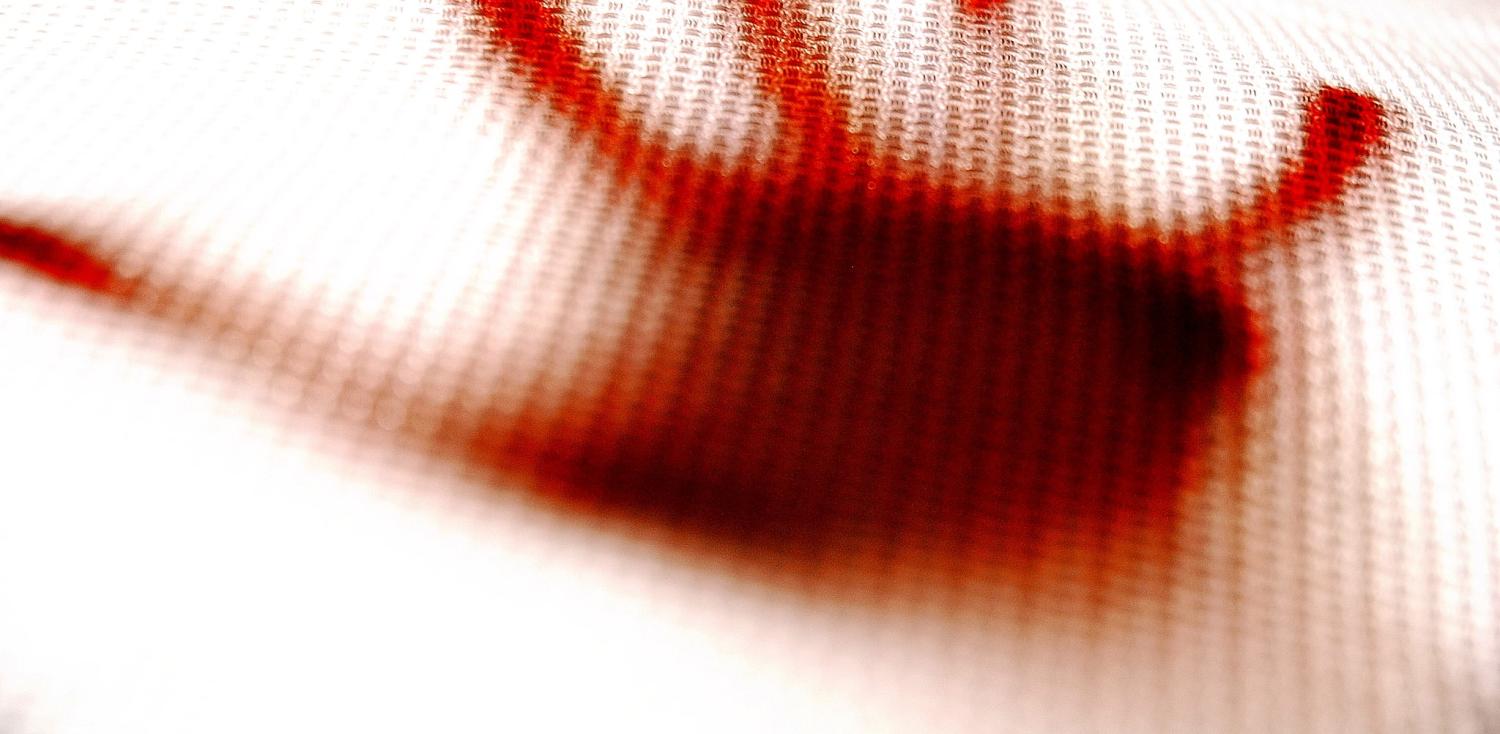Contra Tim Costello, it is not unethical to sell arms to foreign countries. Indeed, if a state is threatened by aggression, it might be unethical not to help it acquire the means to defend itself. But of course it can be wrong to sell weapons if we think there's a good chance they will be used unethically. As both Costello and the Lowy Institute's Rodger Shanahan have pointed out, it would be naive to think that once a weapon is sold, the seller has much control over where and in whose hands it ends up.
Although these dilemmas are far from new, the Turnbull Government's announcement of a $3.8 billion arms export strategy will give them greater prominence in Australia. Long-time Interpreter readers will recall that Australia has struggled with these issues before, and that our record on them is not particularly strong.
In November 2007, only a week after the Interpreter began publishing, we posted an article about the second-hand Mirage jets Australia sold to Pakistan and their possible role in Pakistan's nuclear weapons program:
The BBC reported on 25 August that Pakistan had test-fired a new air-launched cruise missile capable of carrying what a Pakistani government statement described as ‘all types of warheads’. This was a none-too-subtle hint to India that Pakistan wants this new missile to be nuclear-capable.
A Pakistani English language daily, The Nation, subsequently revealed a detail about the test that, on its face, is of interest only to plane-spotters: the test aircraft was a Mirage III EA fighter. The Pakistan Air Force operates several dozen Mirage III jets, acquired new from France and second-hand from others. Australia sold Pakistan 50 surplus Mirage III fighters in 1990 for A$36 million. So here's the rub: two unofficial Pakistan Air Force pages refer to the ex-Royal Australian Air Force (RAAF) Mirages as the EA variant. In other words, there’s a good chance that an aircraft sold by Australia is being used by Pakistan to improve and enlarge its nuclear arsenal.
In January 2008 we also ran an exclusive on the sale of Australian catamaran designs to China's PLA Navy by an Australian company named AMD, which "set up a joint venture called Sea Bus International with a Chinese company, GUMECO, and this joint venture company is working directly with the Chinese Navy". My conclusion at the time:
... although the line between what we should and should not sell is blurry, that doesn't mean there is no line. We don't, for instance, sell uranium to North Korea. And although the AMD case is a less extreme example (to repeat, AMD has not broken the law), it does raise questions about our national interest.
The Government says it has ambitions to make Australia an international top-ten arms exporter. The practicalities of that goal are one thing; the ethics are another. Can we raise our defence exports while keeping our hands clean?
Photo by Flickr user r. nial bradshaw.

